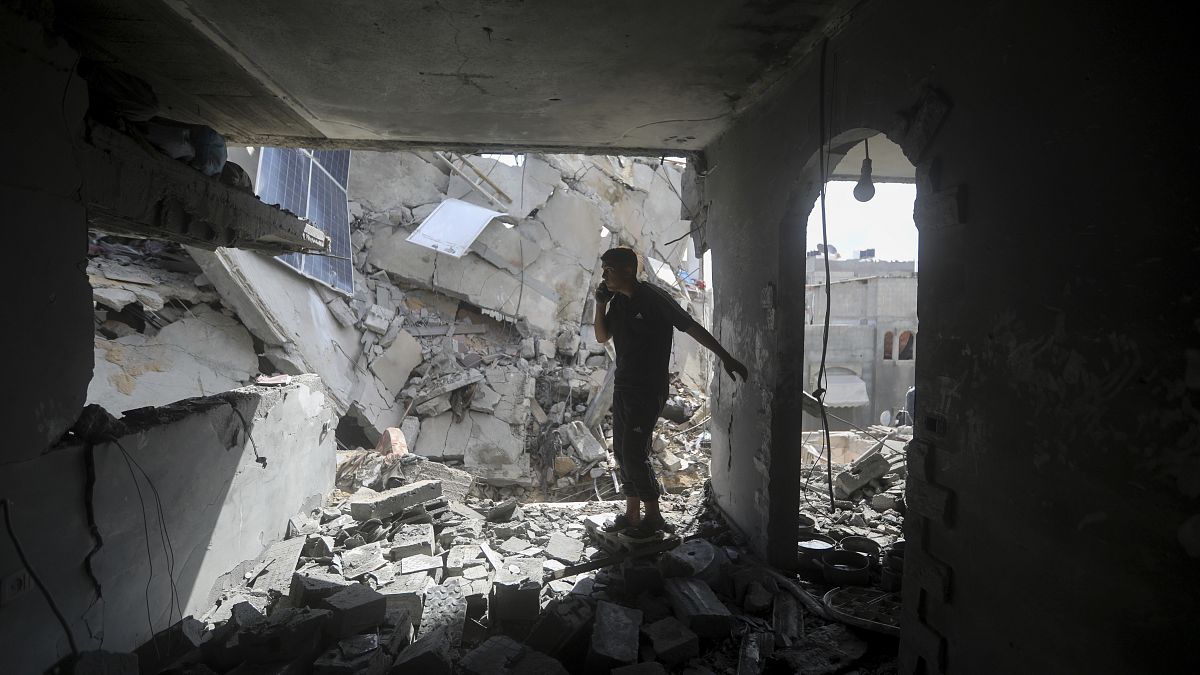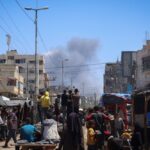Israel has recently launched a military operation in Gaza’s southernmost city Rafah, with the main goal of seizing operational control of the border crossing that serves as a vital route for humanitarian aid. The Israeli Prime Minister Benjamin Netanyahu has stated that this move is essential in dismantling Hamas’ military and economic capabilities. Specifically, the seizure of the Gaza side of the Rafah crossing is seen as a crucial step towards achieving this goal.
US National Security Council spokesperson John Kirby has clarified that this military operation is not a full-scale ground assault, as previously threatened by Israel. Instead, it is aimed at cutting off Hamas’ ability to smuggle weapons and funds into Gaza. Despite this explanation, there has been substantial international criticism of Israel’s actions, particularly towards their plans to eliminate Hamas battalions based in Rafah.
The seizure of the Rafah border crossing has raised concerns about the humanitarian situation in Gaza, where over 1.4 million Palestinians have sought shelter and are facing limited access to essential resources such as food, water, and healthcare. A senior Hamas official has condemned Israel’s action as a violation of international law and norms, emphasizing the impact it will have on civilians in the region. UN Secretary-General Antonio Guterres has also warned of a potential “humanitarian nightmare” if a full-scale invasion of Rafah were to occur.
In response to Hamas firing rockets towards the Kerem Shalom border crossing, Israel had closed it last week. With the Rafah crossing now blocked to trucks as well, the UN has expressed concerns about the closure of Gaza’s main aid arteries. However, the White House has announced that the Israelis plan to re-open the Kerem Shalom crossing on Wednesday, indicating a possible resolution to the aid blockade issue. The ongoing situation in Rafah continues to be a point of international focus and concern, as the conflict between Israel and Hamas escalates.




















